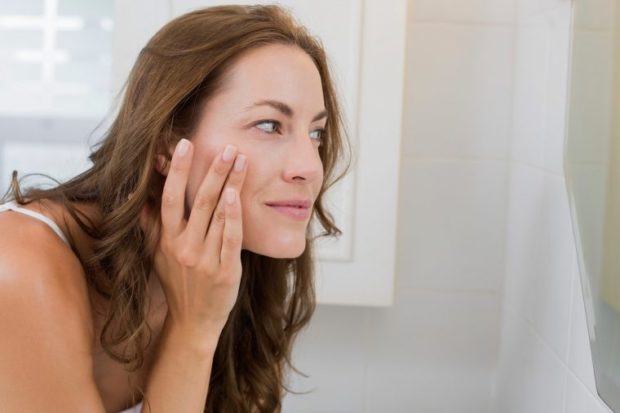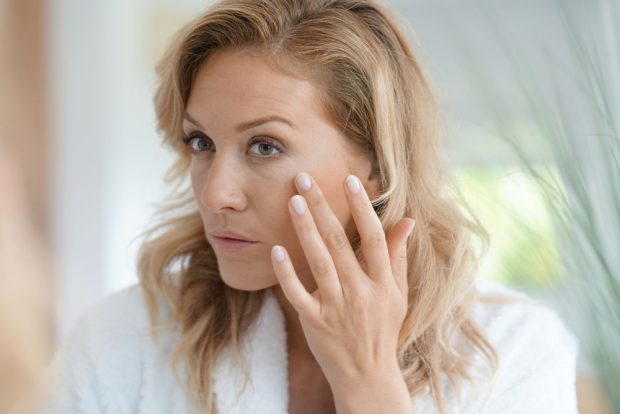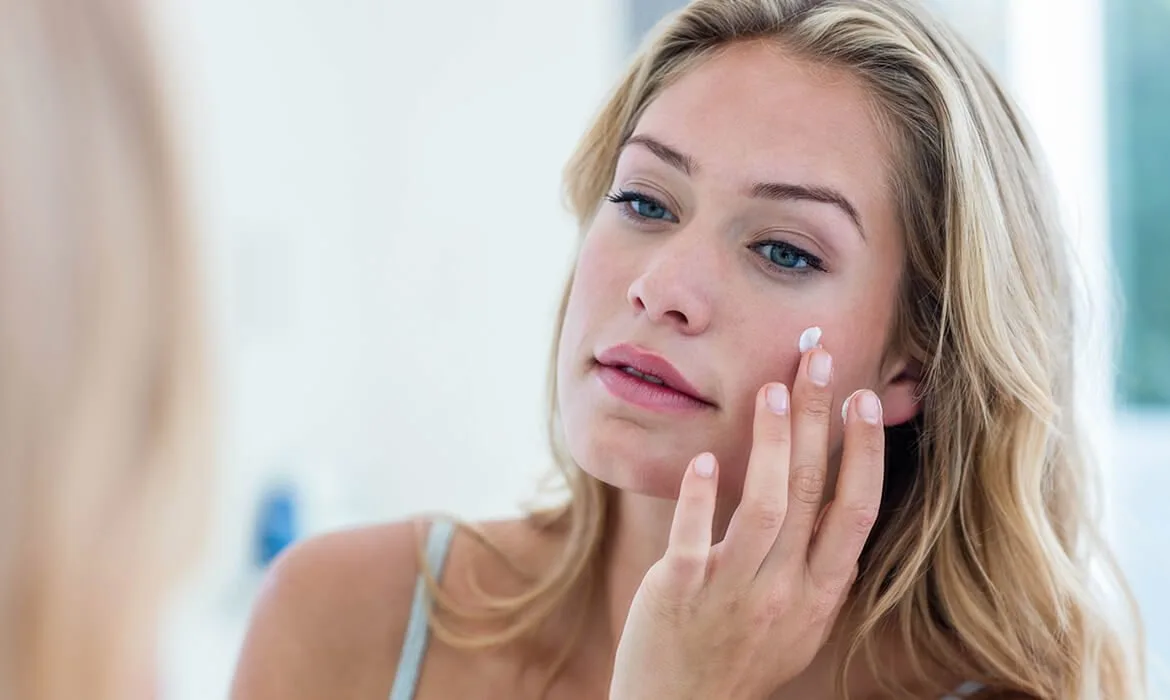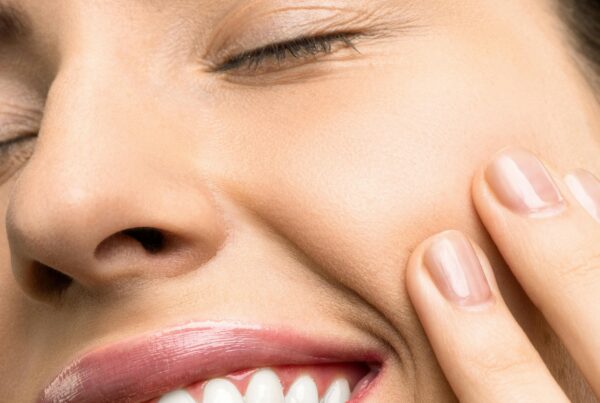There are many skin moisturizer products on the market, but there is also much confusion about which ones do what. Theoretically, all moisturizers should work the same – but different ingredients can each have their own properties. Each individual needs to test a moisturizer to see how it works for them.
While reading and comparing the ingredients in different brands of moisturizer, you might wonder why one product uses a certain ingredient while another does not.
In this article, we’ll explore the different classifications of the most known skin moisturizers. We’ll also look at the key ingredients you’ll find in various brands.
Anti-Aging Moisturizers and How They Work
Usually sold as moisturizer creams, lotions, serums, and gels, many anti-aging skincare products have a common goal. They are designed to hydrate the skin, in the process fighting the symptoms of aging like fine lines and loose skin. Studies have actually shown that routinely using some of these products can be highly beneficial in combatting, slowing, or “reversing” aging.
This is because they contain ingredients capable of making the skin softer, smoother, and free from blemishes. Most of them do so by increasing the skin’s suppleness and hydration, resulting in more youthful-looking skin.
General Classifications of Skin Moisturizers
Occlusives
Occlusives is the name given to a class of skin care products that, once applied on the skin, form an oily, protective hydrophobic layer. They prevent further loss of water from the skin’s surface through evaporation.

lightwavemedia/shutterstock
Especially effective when applied to damp skin, most of these moisturizers contain ingredients like:
- Silicones – Dimethicone is a good example of a well-studied silicone said to help hydrate the skin and give it a smoother texture.
- Essential oils and butters – Examples include castor oil and shea butter, which are said to protect the skin from damage and increase hydration.
- Petrolatum – Containing several complex hydrocarbons, petrolatum is obtained from mineral oils. It is well-studied and even FDA-approved as a skin protection ingredient.
- Waxes such as beeswax or carnauba – obtained from honeycombs and the palm plant respectively, these waxes demonstrate occlusive properties as well.
Humectants
This is another popular class of anti-aging moisturizers in the beauty industry. They work by enhancing the skin’s absorption of water, essentially from the dermis, upwards into the epidermis. Humectants are known to possess hygroscopic properties, which allow them to attract water absorption and hold it into the skin. Some of the most common humectants are:
- Urea
- Polypropylene glycol
- Alpha Hydroxy acids (such as lactic or glycolic acid)
- Hyaluronic acid
- Salicylic acid
- Natural humectants like Cucumber, Honey, Aloe Vera, Glycerin, and Glycerol
However, these moisturizers are also thought to increase the loss of moisture from the skin in case of exposure to excessively low humidity. This perhaps explains why anti-aging moisturizers with humectants have a combination with occlusive ingredients.
Emollients
Emollients are usually made from ingredients like the essential fatty acids called linoleic acid. They are also a popular class of moisturizers found in anti-aging skincare products. They act by stitching up the gaps (or crevices) existing in between corneocytes, part of the cells that form the skin’s outermost layer. By doing so, they elevate the skin’s integrity and softness, thus improving hydration and overall appearance.

goodluz/shutterstock
Some common types of emollient moisturizing ingredients include:
- Lanolin – Oily ingredient sourced from sheep wool wax
- Cocoa butter – A natural fat sourced from the cocoa bean
- Shea butter – From shea tree nuts
- Squalene – Obtained from shark liver
Rejuvenators
Rejuvenators are a type of moisturizer found in luxury skin care products. They consist of moisturizing ingredients that work to improve the skin’s radiance, texture, elasticity, and overall health.
The most widely-known ingredient in this category is moisturizing vitamin C. When applied routinely to the skin, it gives it a luminous appearance. Several other important nutrients like retinol, hyaluronic acid, keratin, and chamomile tea are added to rejuvenators to improve their efficacy.
Ceramides
These are a class of organic skin care products that are pretty much similar in structure to the fats found in the skin’s outermost layer of cells that create the epidermis (the stratum corneum). The oil-soluble products can be found in skin care formulations that cater to people with dry skin.
However, it is worth noting that ceramides aren’t exactly moisturizers. Instead, they are incorporated in moisturizers for people with dry as well as normal skin.
Takeaway
As much as they cannot entirely remove wrinkles, moisturizers are pretty much effective in getting rid of fine lines and creases for a significant duration. While at it, they also help soothe and soften the skin, making it appear more youthful and radiant. The above guide will hopefully help you decide which type of skin care product to get if you’re in the market for an anti-aging moisturizer.



![women [longevity live]](https://longevitylive.com/wp-content/uploads/2020/01/photo-of-women-walking-down-the-street-1116984-100x100.jpg)










